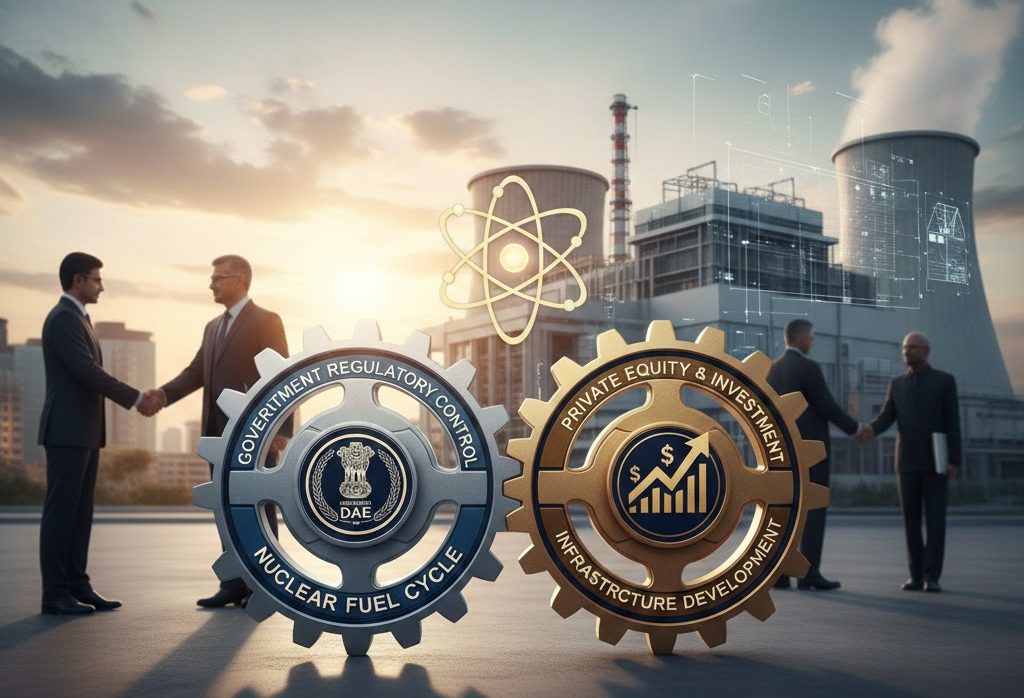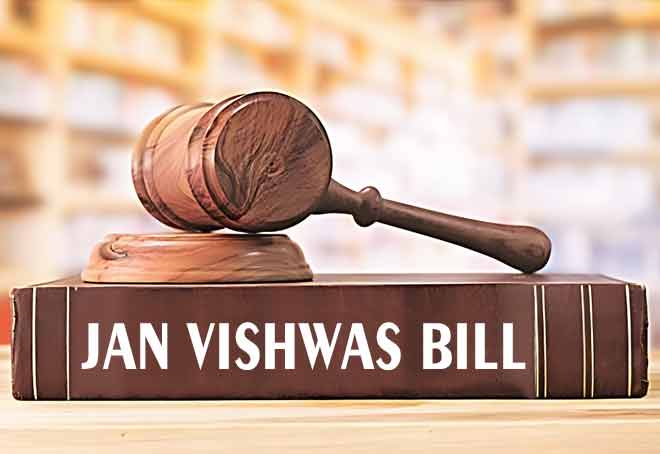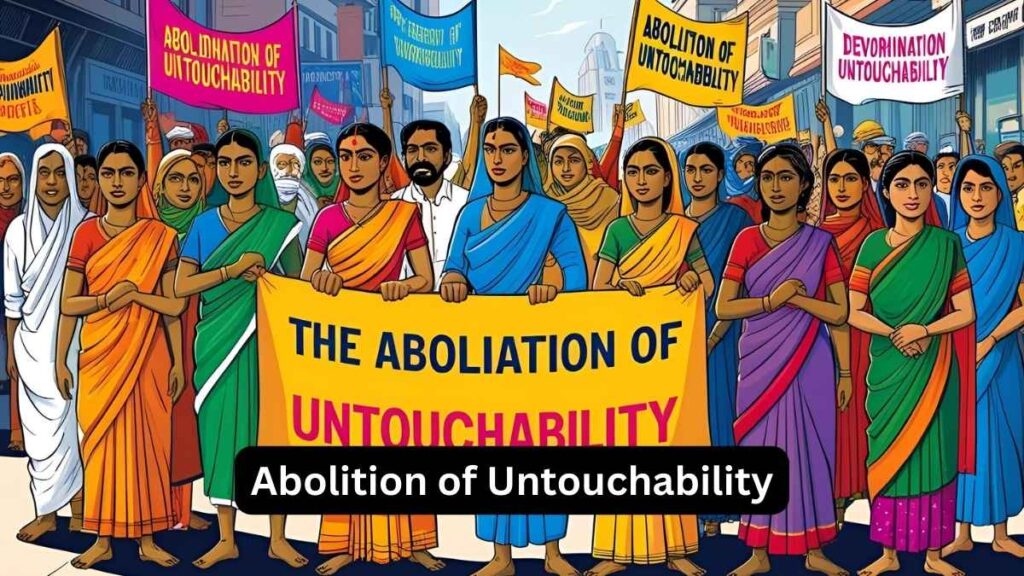Font size:
Print
India- UAE Relations
Context:
Recently, during the meeting between the UAE Crown Prince and Prime Minister Modi, India and the United Arab Emirates (UAE) signed five agreements to strengthen cooperation across the energy sector and other areas.

More in News:
- LNG Supply Agreement: UAE will supply 1 million tonnes of LNG annually to Indian Oil Corporation (IOC) for 15 years from its Ruwais project.
- Crude Storage Agreement: ADNOC and India Strategic Petroleum Reserve Limited (ISPRL) signed an MoU to explore additional crude storage opportunities and renew their storage agreement in Mangalore and Padur.
- Oil and Gas Exploration: Urja Bharat, a joint venture of IOC and Bharat Petro resources Ltd, entered an agreement with ADNOC to explore and appraise oil and gas reserves in Abu Dhabi’s Onshore Block 1.
- Nuclear Energy Cooperation: The Emirates Nuclear Energy Company (ENEC) and Nuclear Power Corporation of India Limited (NPCIL) signed an MoU for the operation and maintenance of the Barakah Nuclear Power Plant.
- Food Parks Development: The Government of Gujarat and Abu Dhabi Developmental Holding Company PJSC (ADQ) agreed to develop food parks in India.

Geopolitical Importance:
- Strategic Partner: The UAE plays a key role in balancing India’s relations with Saudi Arabia, Iran, and Israel.
- Historical and Cultural Ties:
- The inauguration of Abu Dhabi’s first Hindu temple BAPS Mandir is a celebration of UAE-India friendship, deep-rooted cultural bonds and a representation of the UAE’s global commitment to harmony, tolerance and peaceful coexistence.
- Demographic affinity: Nearly 30% of the UAE’s population, approximately 3.5 million people, are Indians.
- Dubai and Sharjah, in particular, are favoured destinations and are often viewed as “India without the daily hassles.”
- Large Indian diaspora strengthening bilateral relations.
- Business Hub: The UAE has become a central base for Indian businesses, earning the nickname “Singapore of the Middle East.”
- Multilateral Cooperation:India and the UAE enjoy strong cooperation at the United Nations.
- Both countries are also currently part of several plurilateral platforms such as BRICS, I2U2 (India-Israel-UAE-USA) and UFI (UAE-France-India) Trilateral, IMEC etc.
- Rajeswari Pillai Rajagopalan in her article “Second Quad in the Making in the Middle East?”, highlights I2U2 as a strategic effort by India and the U.S. to enhance regional stability and counter China’s expanding presence through
- Peace Brokering between Saudi Arabia and Iran.
- Belt and Road Initiative.
- Convergence on Global Climate Issues: At the COP28 climate summit in Dubai, India and the UAE showcased their shared commitment to addressing global climate challenges by co-launching the Global Green Credit Initiative, promoting sustainable development and green financing solutions.
Geostrategic Importance
- Strategic Location: Positioned at the crossroads of Africa, Asia, and Europe, the UAE is a vital trading hub for India.
- UAE Investment in Africa and Its Benefits for India: By partnering with the UAE, India can gain better access to African markets, strengthen its presence in the region, and complement its own initiatives like improving connectivity and promoting South-South cooperation.
- Defence Cooperation: India and the UAE have rapidly advanced defence ties through strategic partnership agreements. Both countries have aligned interests in ensuring maritime security, combating terrorism, and enhancing regional stability.
- Maritime Chokepoints: The UAE’s proximity to the Strait of Hormuz and Bab El Mandeb gives it significant geostrategic leverage in the western Indian Ocean.
Geoeconomic Importance
- Trade Relations: The UAE is India’s third-largest trading partner, with bilateral trade surpassing $85 billion in 2022-23.
- The Comprehensive Economic Partnership Agreement (CEPA), signed in 2022, aims to boost trade further, with expectations of increasing service trade to $115 billion in five years.
- Fintech Collaboration in the form of RuPay card being accepted in the UAE since August 2019, enhancing cross-border digital payments. Additionally, in August 2023, India and the UAE launched a rupee-dirham settlement system for crude oil imports.
- Energy Security: The UAE is a crucial supplier of oil and gas to India, bolstering its energy needs.
- Adani-Total JV is involved in solar power projects in Rajasthan and Gujarat, supporting India’s renewable energy expansion.
- Fourth largest foreign investor:In FY23, Emirates rose to become the fourth largest foreign investor in India, up from the seventh position in FY22. During this fiscal year, the UAE contributed $3.3 billion in Foreign Direct Investment (FDI) to India.
Challenges and Way forward in relations for India in UAE and West asia Geopolitics:
- In the book West Asia At War , the author Talmiz Ahmad says that The U.S. disengagement from West Asia has profound security implications for the region as it opened the door for other major players like China, Russia, Iran, and Turkey to exert greater influence.
- In this evolving geopolitical landscape, India faces the challenge of navigating these new alignments. As a natural partner in the region, India must demonstrate diplomatic agility to adapt to these changes and sustain its strategic relationships.
- Amid the growing tensions in West asia Kabir Taneja in his article “Look West”: India’s Outreach to the Middle East under Modi highlights that under Prime Minister Narendra Modi, India’s “Look West” policy has transformed its foreign relations with the Middle East by:
- Diversification of Relations: Modi’s government has expanded India’s engagement beyond traditional energy and labour ties to include defence, technology, and investment partnerships.
- Balancing Act: India’s approach involves carefully balancing relationships with various regional powers, such as Israel and Arab nations, amid ongoing conflicts and shifting alliances post Abraham Accord 2020.
The article GCC Looking East Policy: New Challenges and Opportunities By Naser Al-Tamimi , in the book LOOKING WEST: The Rise of Asia In the Middle East highlights
- Diverse Foreign Policies: GCC countries operate unilaterally rather than collectively, weakening their strategic leverage.
- Fragmentation: The 2017 Qatar crisis has divided the GCC, reducing its effectiveness as a unified bloc.
- Economic Shifts: Asian powers (China, Japan, India, South Korea) are increasingly replacing Western actors in trade, energy, and industrial relations with the GCC.
- Trade Expansion: GCC’s trade with Asian powers has nearly doubled from 2009 to 2019, reaching nearly $464 billion.
- Energy Dependence: Two-thirds of GCC oil exports go to Asian countries. China and India are becoming key partners, with significant investments in energy and infrastructure.
- Country-Specific Dynamics
- China: Key player due to its vast energy needs. It’s the world’s largest energy consumer and importer. Tensions between China and the US could increase GCC’s leverage.
- India: An emerging market with strong future oil demand. India’s refining capacity is expanding, attracting significant Gulf investments. Its growing alignment with Western powers may benefit GCC countries.
- Japan and South Korea: While important, their energy needs are expected to decline relative to China and India. They remain key partners in sectors like infrastructure and technology.


